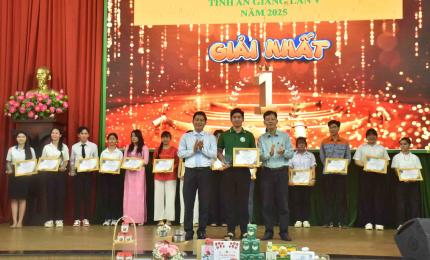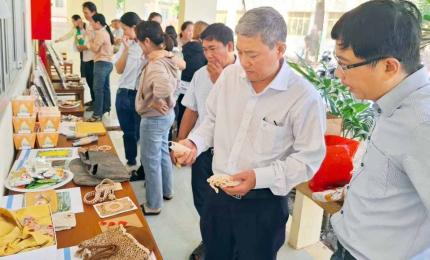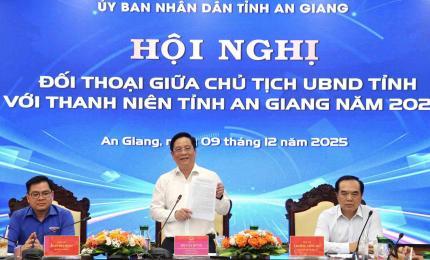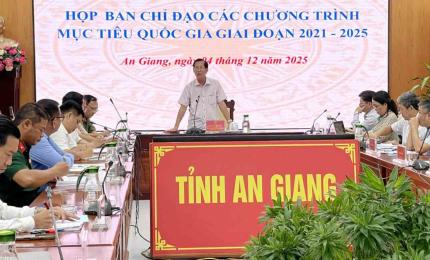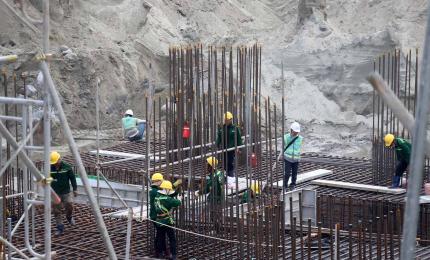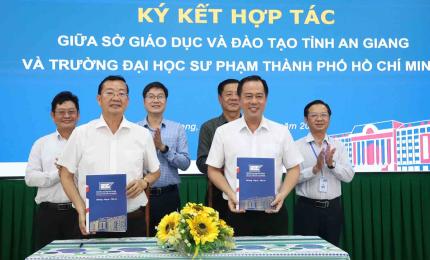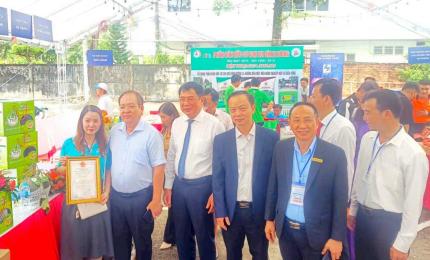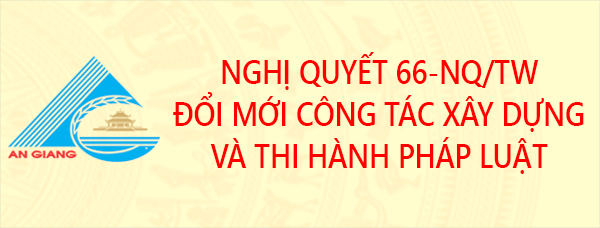(AG Provincial E-Portal) - This was one of the key solutions presented by experts and scientists at the seminar titled “Breakthrough Efforts in Science, Technology, Innovation, and Digital Transformation in An Giang Province”, jointly organized by the Union of Science and Technology Associations and the Department of Science and Technology of An Giang Province on May 29 in Long Xuyen City.
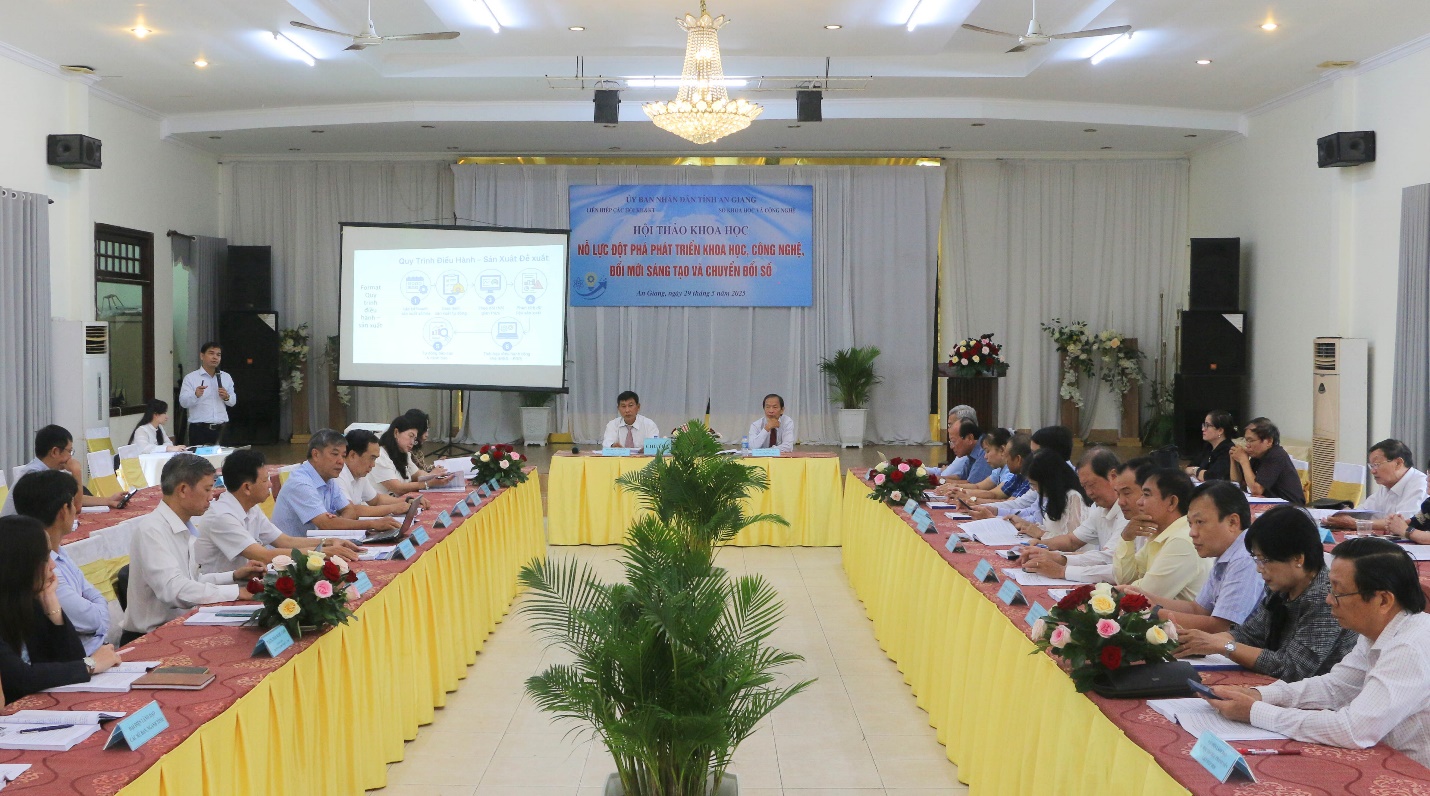
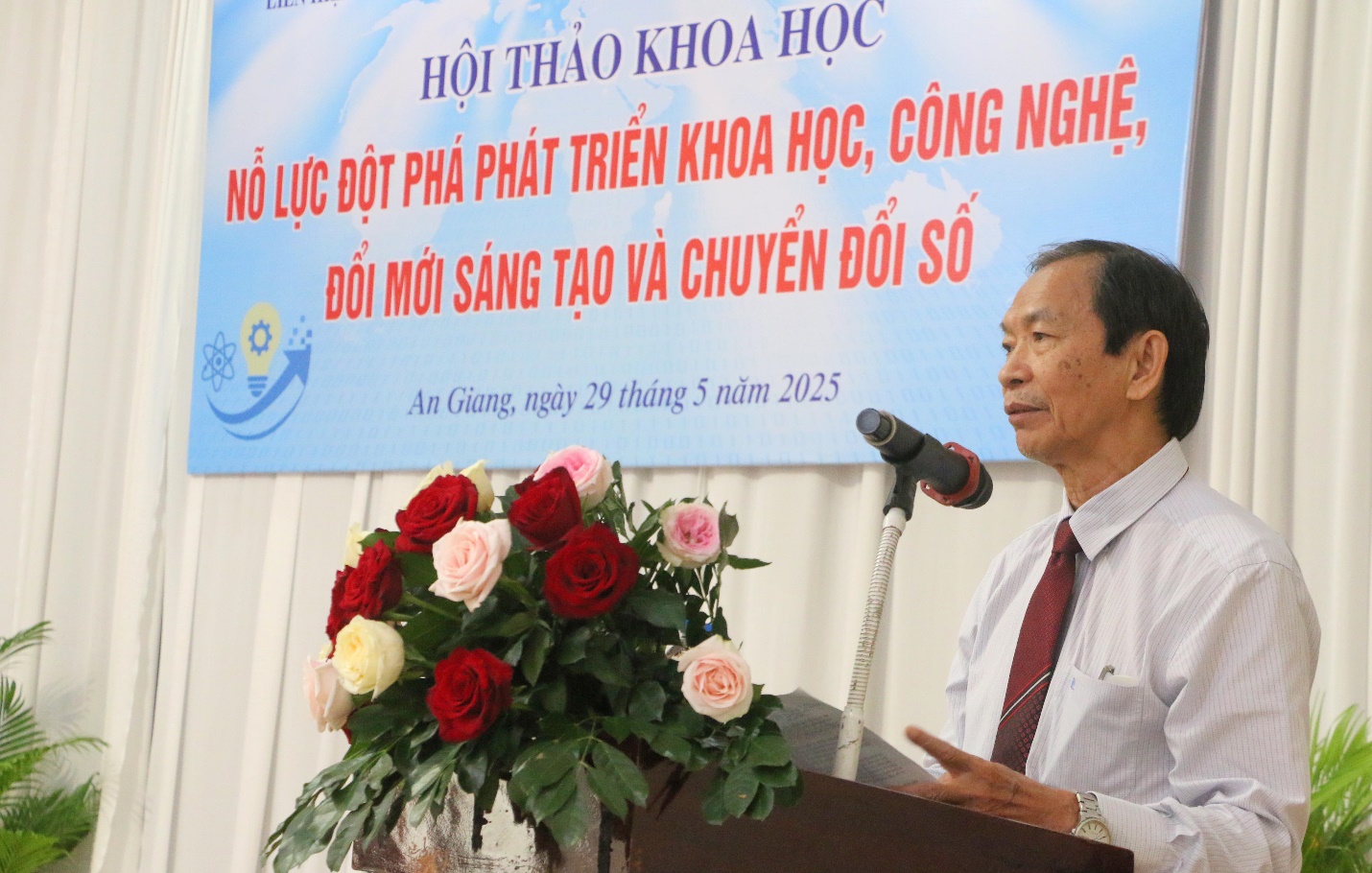
According to Dr. Doan Ngoc Pha, Chairman of the An Giang Union of Science and Technology Associations, in the context of globalization, the Fourth Industrial Revolution, and the expanding wave of digital transformation, the development of science, technology, innovation, and digital transformation has become an essential requirement and a key driver for enhancing competitiveness and promoting sustainable socio-economic development.In recent years, An Giang has made notable progress in scientific research and technological development, closely linking these efforts to production and daily life. Scientific and technological outcomes have been effectively applied in business activities and sectoral management. Social investment contributed approximately 30% of total funding for science and technology during the 2021–2024 period. The human resources in R&D, innovation, and technology have reached 7.5 researchers per 10,000 people.
Digital transformation in the province has also achieved positive results. Digital infrastructure has been adequately invested in, and common digital platforms and applications have been effectively deployed, supporting public administration and integration across departments and localities. In 2023, An Giang’s digital economy accounted for 5.28% of GRDP; in 2024, the figure rose to 5.99%,…
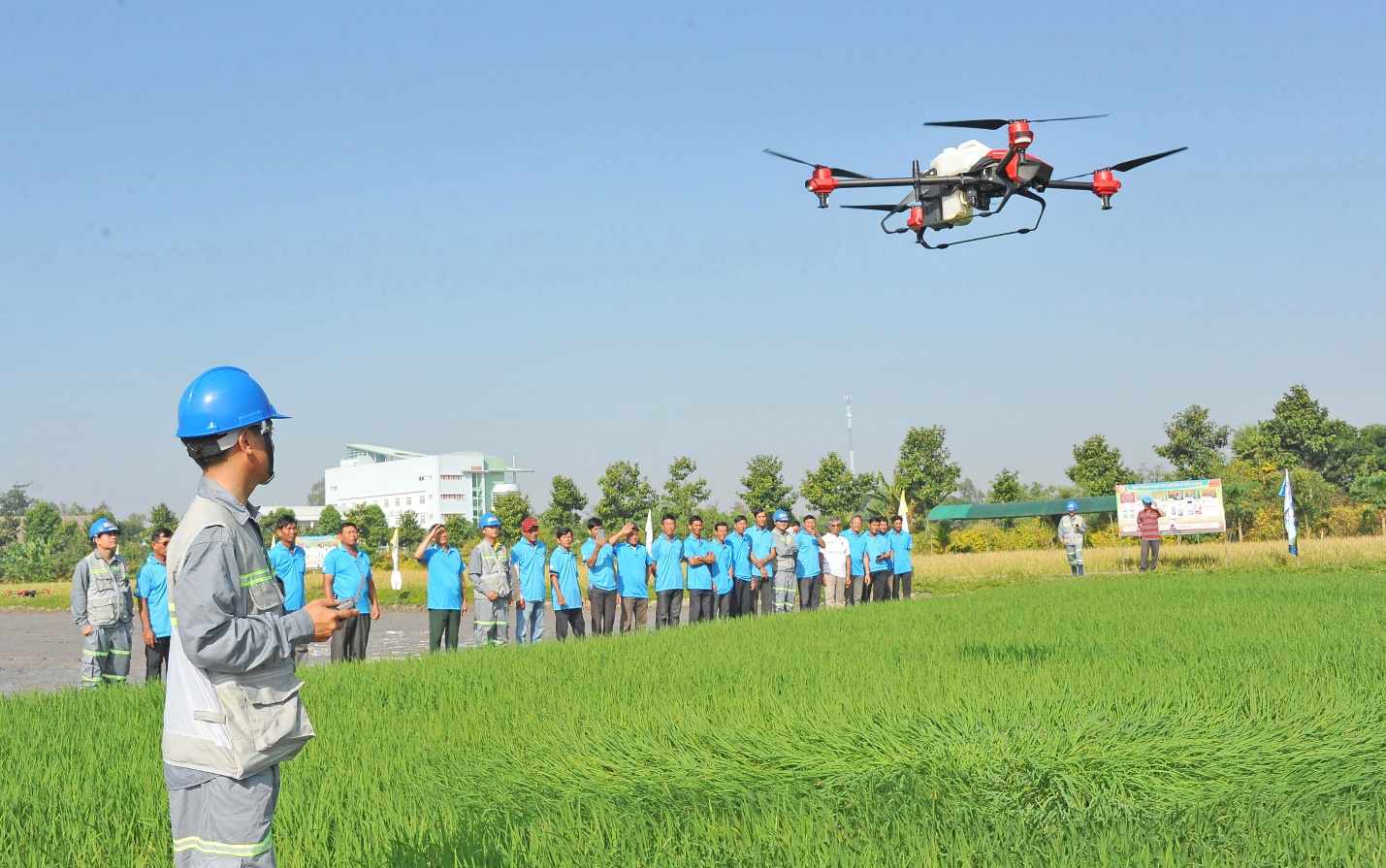
However, Dr. Doan Ngoc Pha noted that both An Giang and many other localities nationwide still face obstacles, such as slow progress and lack of breakthroughs in science and technology, limited capacity and scale of innovation, and underwhelming application of research. The provincial innovation index (PII) remains low—ranking 46th out of 63 provinces in 2023 and falling to 51st in 2024. Therefore, the development of science, technology, innovation, and digital transformation is a strategic priority. Startups based on intellectual property, technology, and new business models will be crucial for the private sector to break through and compete internationally.
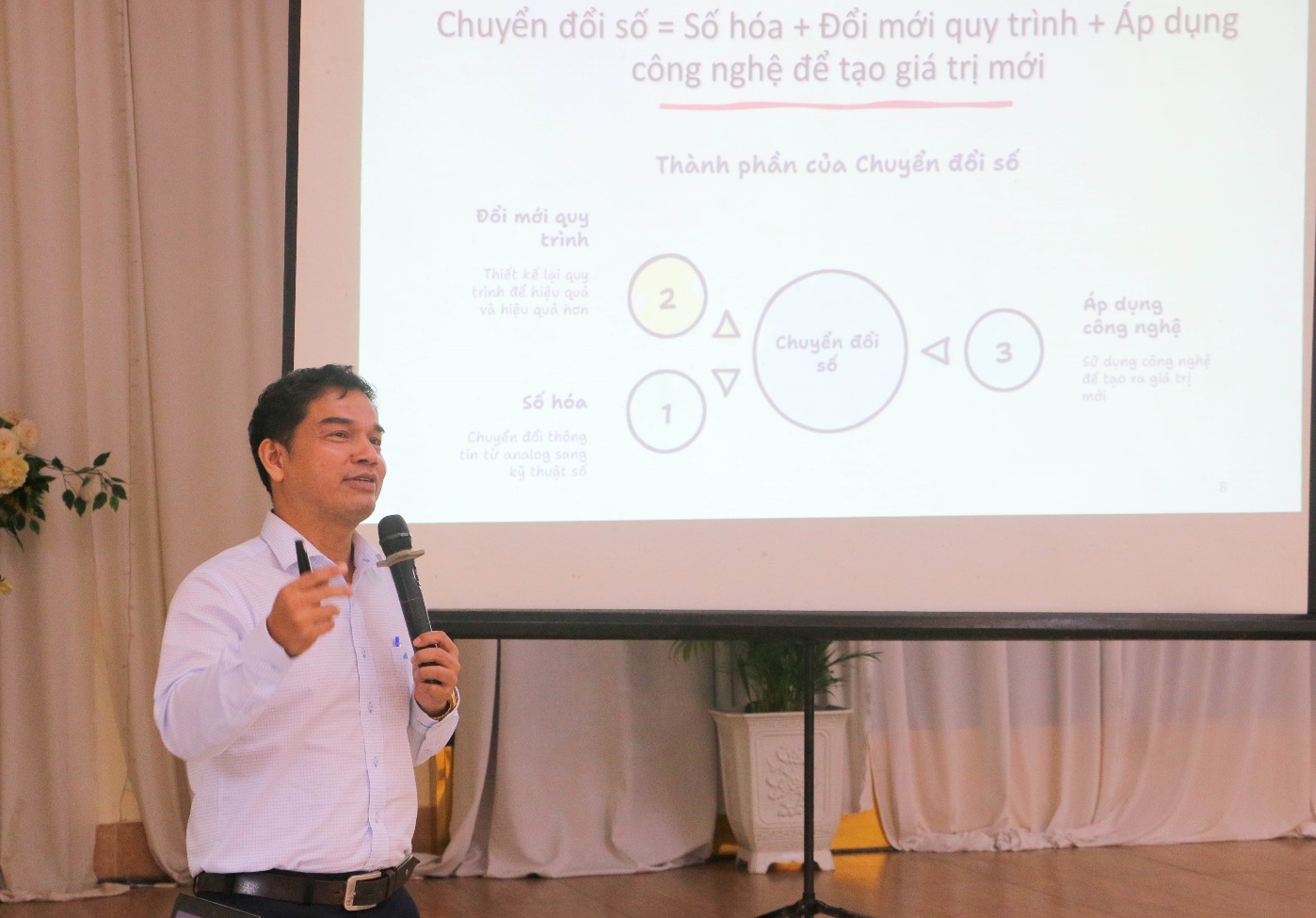
Associate Professor Dr. Doan Thanh Nghi, Dean of the Information Technology Faculty at An Giang University (under Vietnam National University, Ho Chi Minh City), proposed that the government should continue improving institutional frameworks to create a more conducive environment for businesses, especially with strong mechanisms to support innovation and scientific development. Prioritized sectors should include supporting industries, manufacturing, digital technology, and logistics,...
He emphasized that to participate effectively in global value chains, businesses need a well-defined strategy and roadmap to improve competitiveness, reduce hidden costs, manage risks, and embrace digital transformation and partnerships.
“In the digital age, businesses must adapt their products and sales methods to consumer demand, integrate advanced technologies to streamline production, reduce delivery time, and shorten product life cycles—while maintaining control over quality and operations,” said Dr. Doan Thanh Nghi.
Associate Professor Dr. Nguyen Van Hieu, Deputy Director of the Center for Intellectual Property and Technology Transfer, VNU-HCMC, highlighted that in the shift toward a knowledge-based growth model, the role of intellectuals is increasingly vital. With strong potential in agriculture, tourism, and cross-border trade, An Giang should leverage its intellectual talent pool to drive economic and social breakthroughs.
He recommended that An Giang and other provinces should strategically develop a database of local and diaspora intellectuals and identify priority sectors—such as high-tech agriculture, logistics, cross-border commerce, green tourism, and digital transformation—for attracting top talent. Special incentives should be enacted to invite and retain experts.
Furthermore, stronger coordination mechanisms are needed among intellectuals, local authorities, and businesses. Initiatives should include honoring contributions of intellectuals, fostering innovation ecosystems, establishing innovation centers focused on R&D and startup support, and connecting scientists with enterprises. A dedicated fund for research and startup initiatives led by scholars and research teams should also be created. An Giang should be connected with major domestic and international innovation hubs to bring local intellectual products to wider markets…Speaking at the seminar, Master Phan Van Kien, Deputy Director of the An Giang Department of Science and Technology, noted that the province has enacted many policies to foster science, innovation, and digital transformation. Research and technology transfer have been actively implemented, especially in agriculture and food processing, enhancing the quality and competitiveness of key products such as rice, seafood, and vegetables. Telecommunication and IT infrastructure has been synchronized to support administrative modernization and socio-economic development in the Fourth Industrial Revolution era.
An Giang is currently prioritizing a new growth model centered on the digital economy, science, technology, and innovation. By 2030, the province aims to reach a high level of scientific and technological development. Total Factor Productivity (TFP) is expected to contribute at least 55% to economic growth. The digital economy will comprise at least 20% of GRDP. R&D and innovation personnel should reach 12 per 10,000 people. Advanced digital infrastructure will support applications of strategic technologies such as AI, IoT, big data, cloud computing, blockchain, 5G/6G networks, and other emerging technologies—with full 5G coverage across the province.
By 2045, An Giang targets becoming a province with higher-than-average national income, with leading positions in green agriculture, high-tech industry, healthcare, and education.
Reported by Cong Mao
Translated by Kim Thuan
